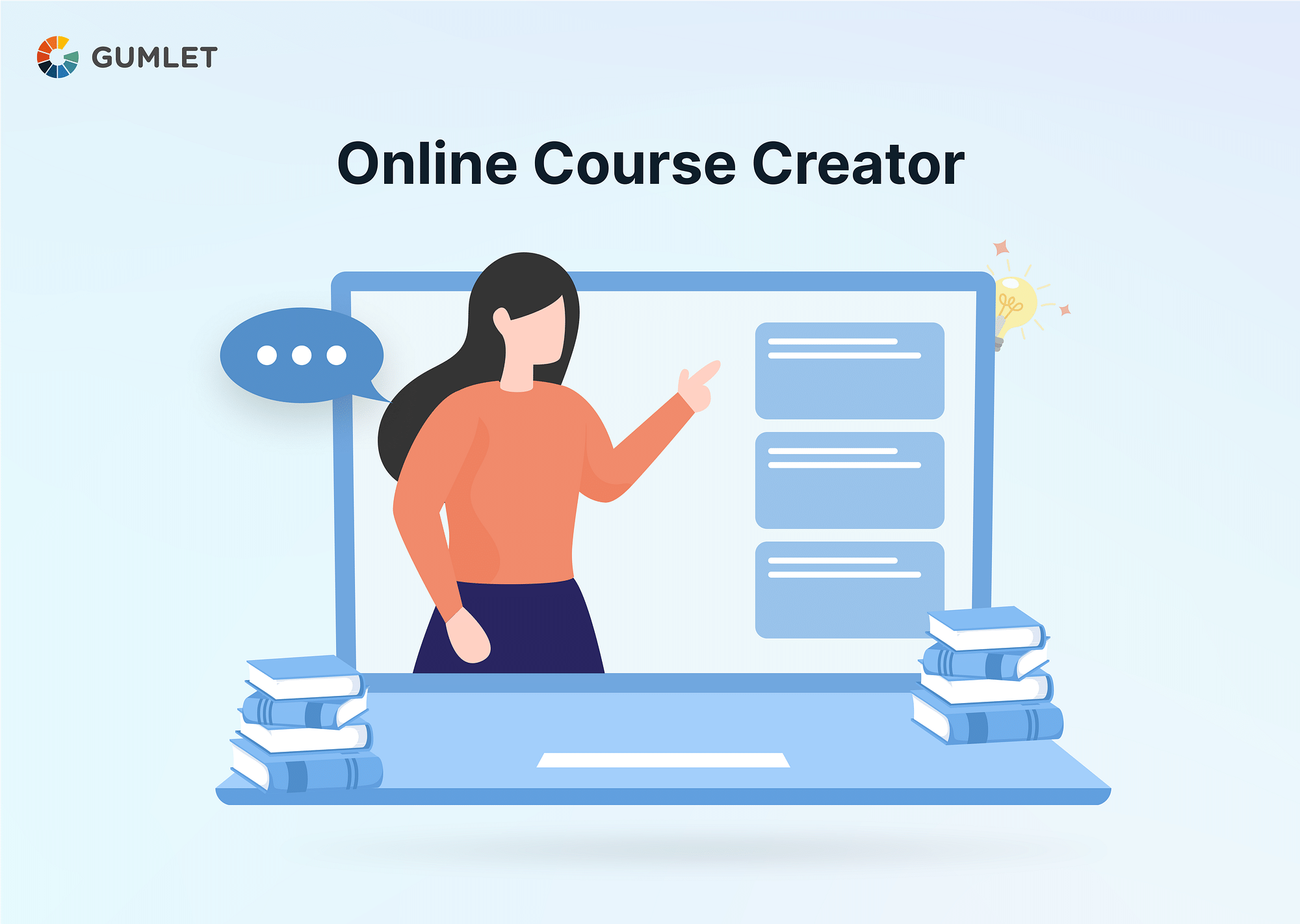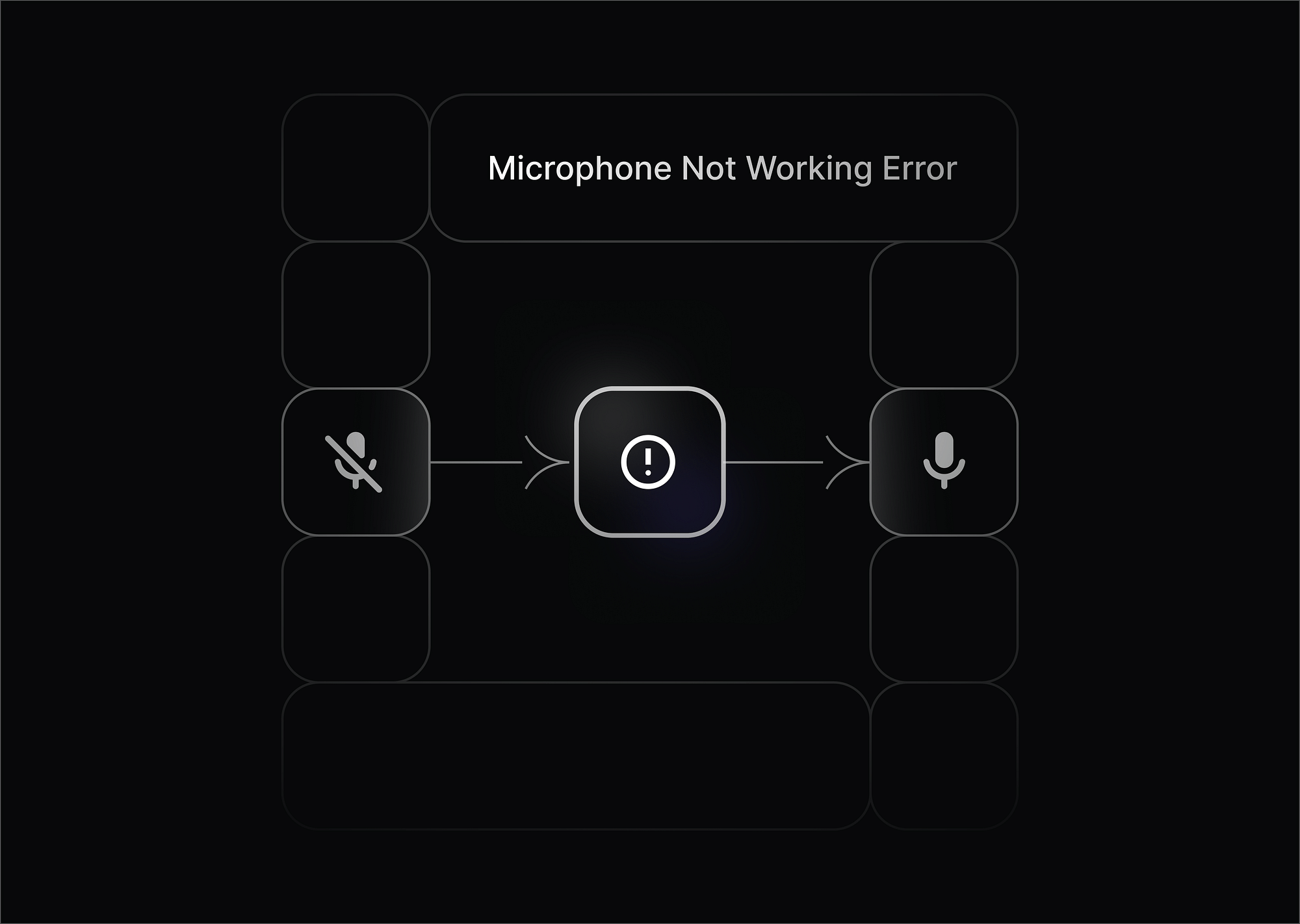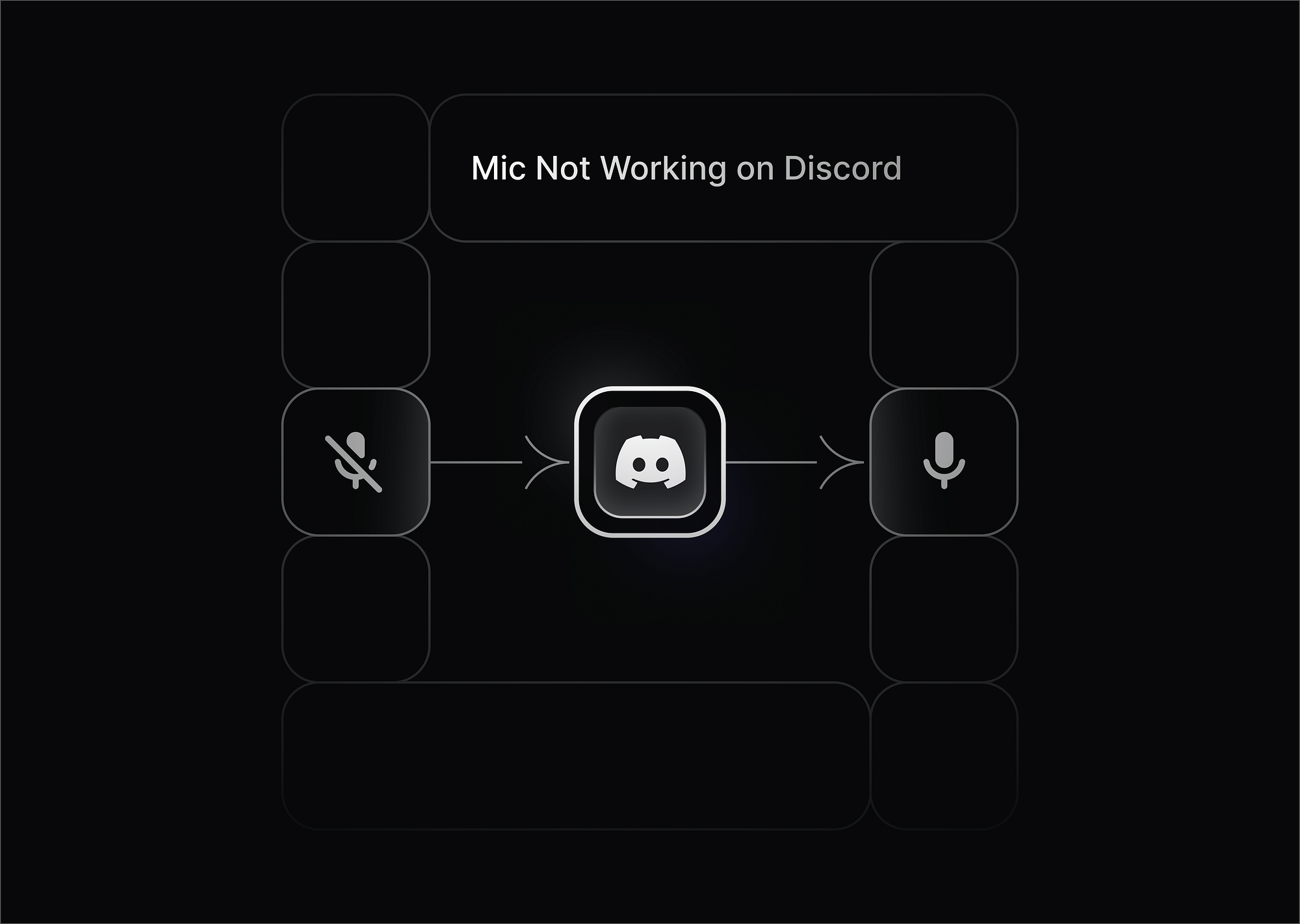Introduction
The rise of online learning has significantly impacted the education sector, creating a demand for online educators and beginners to create their own courses. However, creating an online course can be challenging due to challenges such as choosing the right hosting platform, creating engaging content, and finding an audience. This guide provides a straightforward overview of the best online course creator platforms and tools available in 2024, offering tips to help navigate the journey of online education.
Benefits of using an Online Course Creator Software
Course creation software has become a vital tool for educators and content creators. These platforms simplify the process of designing and delivering online courses, making them more accessible and efficient. Here are some key benefits that these software options provide:
- Pre-built Templates and Course Structures: Simplify your course design process with a variety of customizable templates. These ready-to-use structures can save you time and ensure your course is well-organized and professional.
- Multimedia Integration: Enrich your course with different types of media. Easily incorporate videos, images, audio clips, and interactive elements to cater to various learning styles and keep students engaged.
- User-friendly Interface: Most course creation software is designed with a user-friendly interface, making it easy for creators of all skill levels to develop and manage their courses effectively.
- Analytics and Feedback Tools: Gain insights into how your courses are performing. Track student engagement, progress, and feedback to continually refine and improve your content.
These features collectively make course creation software a powerful ally in the journey of providing effective and engaging online education.
Best Free Online Course Creators for Educators
There are quite a few free online course creators available. Let's dive deep into the list of top free online course creators in 2024:
EdApp
EdApp is a game-changer for mobile learning, focusing on microlearning courses. Its template variety and gamification elements make learning fun and engaging. This platform is perfect for educators looking to create bite-sized, mobile-friendly courses at no cost.
Coassemble
Coassemble offers a user-friendly platform with drag-and-drop functionality, simplifying the course creation process. Its real-time tracking feature is invaluable for monitoring student progress. This tool is ideal for educators who want a straightforward, no-cost solution for creating interactive online courses.
CourseLab
CourseLab presents a robust, free option for educators to create interactive e-learning content. It stands out with its SCORM compliance, ensuring courses are compatible with various Learning Management Systems (LMS). For educators seeking a powerful tool without the investment, CourseLab is a top contender.
Best Paid Online Course Creators for Educators
Here are some of the paid online course creation tools for you to look into:
Thinkific
Thinkific stands out with its user-friendly design tools that simplify the course creation process. Its extensive customization options allow educators to tailor their courses to their specific needs, while powerful analytics help track student progress and engagement. Starting at $39/month, Thinkific is a great choice for those seeking a balance between functionality and affordability.
Kajabi
Kajabi is more than just a course creation tool; it's a comprehensive platform for course creation, marketing, and sales. It's ideal for educators looking to not only create but also market and sell their courses. With its suite of tools for email marketing, website building, and more, Kajabi is priced from $119/month, targeting serious course creators looking for an all-in-one solution.
Teachable
Teachable is renowned for its intuitive interface, making it accessible for beginners yet powerful enough for experienced course creators. It offers strong community support, an essential feature for educators seeking guidance and inspiration. With plans starting at $29/month, Teachable is a cost-effective option for those starting their journey in online course creation.
Best AI Online Course Creators for Educators
Here are some of the AI-powered online course creator platforms/tools:
Coursebox
Coursebox leverages artificial intelligence to offer a personalized learning experience. It automates content creation, saving educators time while providing tailored content to students. For those looking to incorporate cutting-edge technology into their courses, Coursebox is an innovative choice.
CourseAI
CourseAI specializes in using AI for content curation and creating adaptive learning pathways. It's ideal for educators aiming to provide a more customized learning journey for their students. CourseAI is at the forefront of using AI to enhance the educational experience.
Pictory.ai
Pictory.ai is unique in its focus on AI video creation and editing. This tool is perfect for educators who heavily rely on video content and want to streamline their video production process. With Pictory.ai, creating professional-quality videos for course content becomes a breeze.
Course Creators vs. LMS vs. Self-Hosting: Key Differences
While course creators, Learning Management Systems (LMS), and self-hosting each have their merits, understanding their key differences is crucial. Let's explore these distinctions in terms of Features and Functionality, Cost and Scalability, as well as Integration and Security:
Features and Functionality
- Course Creators: Course creators excel in user-friendly design and multimedia integration, making course creation a breeze. They prioritize content creation tools but may lack comprehensive management features.
- LMS (Learning Management Systems): LMSs offer a comprehensive suite of tools for managing entire educational programs. They excel in tracking student progress, assessments, and administrative functions.
- Self-Hosting: Self-hosting provides total control and customization but requires technical expertise. It's best suited for those who want full autonomy over every aspect of their online courses.
Cost and Scalability
- Course Creators: Course creators often offer scalable pricing models, making them cost-effective for individual educators. However, costs can increase as your audience grows.
- LMS (Learning Management Systems): LMSs tend to be more expensive, and suitable for institutions with larger budgets. Scalability can be challenging, as pricing often depends on the number of users.
- Self-Hosting: Self-hosting incurs variable costs, including hosting and maintenance fees. While it offers scalability, it can be costlier in the long run.
Integration and Security
- Course Creators: Course creators and some LMSs offer secure hosting and easy integration with third-party tools. Security measures are typically robust but may vary.
- LMS (Learning Management Systems): LMSs prioritize security and are designed for seamless integration with other educational systems, ensuring data privacy.
- Self-Hosting: Self-hosting provides the highest level of control over security but requires the most effort to implement and maintain. Integration depends on your technical capabilities.
Understanding these differences will help you make an informed choice when selecting the platform that best suits your online education needs.
How to Grow and Scale Online Course Business?
Once you've embarked on the journey of online course creation, the next exciting chapter is scaling your business. Whether you're a seasoned educator or a budding course creator, expanding your online course business is a natural progression. In this section, we'll explore effective strategies to help you grow your audience, increase revenue, and take your online course business to new heights.
Develop New Courses and Diversify Your Income
One of the most effective strategies for growing and scaling your online course business is to continually develop new courses, build a knowledge base, and diversify your income streams. This involves creating a product suite that includes a variety of courses catering to different topics or skill levels. By offering a range of courses, you can attract a broader audience and cater to the diverse interests of your students.
Additionally, consider implementing upselling and cross-selling techniques to your existing students. Encourage them to explore other courses within your product suite, offering discounts or bundled packages to incentivize further learning. Building a membership or subscription program can also provide a steady stream of recurring revenue, creating a sense of community and exclusivity for your loyal students. These video monetization strategies not only boost your income but also enhance the overall learning experience for your audience, fostering long-term engagement and growth.
Leverage Social Media Marketing
To expand the reach of your online course business, harnessing the power of social media marketing is paramount. This strategy involves more than just sharing course links; it requires a thoughtful approach to engage your audience effectively. Repurpose your video course content into engaging short-form videos, infographics, and posts tailored to the specific social media platforms where your target audience spends their time.
By creating compelling and informative content, you can establish yourself as an authority in your niche and attract potential students. Consistency is key; maintain an active presence on platforms relevant to your audience, fostering engagement and building a community. Leveraging social media not only helps you reach a wider audience but also allows you to stay connected with your current students and keep them informed about new courses and updates. This multifaceted approach to social media marketing can significantly contribute to the growth and scalability of your online course business.
Invest in Paid Advertising
To accelerate the growth of your online course business, paid advertising can be a powerful tool. It enables you to reach a broader audience beyond your organic reach and drive targeted traffic to your courses. By investing in paid advertising campaigns on platforms like Google Ads, Facebook Ads, or LinkedIn Ads, you can tap into specific demographics and interests relevant to your courses.
However, success in paid advertising relies on more than just spending money; it requires a strategic approach. Constantly monitor the performance metrics of your advertising campaigns, including click-through rates, conversion rates, and return on investment (ROI). Analyze the data to identify what works best and make adjustments accordingly. By refining your advertising strategy based on real-time data, you can optimize your ad spending and ensure that your investment translates into a growing student base. Paid advertising, when executed thoughtfully, becomes a potent tool in your arsenal for scaling your online course business.
Analyze Your Course Performance
Understanding how your online courses perform is fundamental to their success and growth. Analytics tools provide valuable insights into student progress, engagement, and satisfaction. By utilizing these tools, you can gather data-driven feedback and make informed decisions to enhance your courses continually.
Monitor key metrics such as student engagement, completion rates, and revenue generated from your courses. Identify patterns and areas where improvement is needed. Encourage feedback from your students to gain insights into their learning experience and expectations.
For a comprehensive analytics solution, consider leveraging Gumlet Insights. With Gumlet, you can track essential metrics that matter most to your online course business. Understand your audience better, optimize your course content, and drive higher engagement and revenue.
Customer Retention Strategies
To foster a loyal community and ensure students return for more courses, consider implementing effective customer retention strategies. One such strategy is the introduction of loyalty programs, where you reward loyal students with discounts, exclusive access, or special perks. All the best affiliate marketing courses and top blogging resources practice this. These incentives not only acknowledge their commitment but also encourage them to continue their learning journey with you.
Another approach is to offer exclusive content to your existing students. Provide them with advanced courses, bonus materials, or exclusive webinars that are not available to the public. This not only enhances their learning experience but also makes them feel valued and part of an exclusive community. By investing in customer retention strategies like these, you can build lasting relationships with your students and create a sustainable online course business that thrives on the loyalty and enthusiasm of your audience.
Conclusion
Online course creation offers numerous opportunities for educators and entrepreneurs. Understanding platform nuances and strategically using marketing and analytics tools can help you significantly amplify your online teaching presence. Choosing the right platform can help you navigate the dynamic world of online education, creating impactful learning experiences.
FAQs
- How can I ensure my online course is accessible?
To ensure accessibility, use clear, easy-to-read fonts, provide subtitles for videos, ensure compatibility with screen readers, and offer materials in multiple formats. Regularly update your content to adhere to the latest accessibility standards.
- What benefits does AI bring to course creation?
AI in course creation offers personalized learning experiences, automates administrative tasks, provides advanced analytics for course improvement, and assists in creating dynamic, interactive content tailored to individual learner needs.
- How can online course creators protect their videos from piracy?
Use digital rights management (DRM), watermarking, and restrict download capabilities. Employ secure hosting platforms that offer encryption and secure login options to safeguard your content.
- What are the most effective ways to market an online course?
Utilize SEO strategies, engage in social media marketing, collaborate with influencers, offer free trials or demos, and gather and showcase student testimonials to increase course visibility and credibility.




